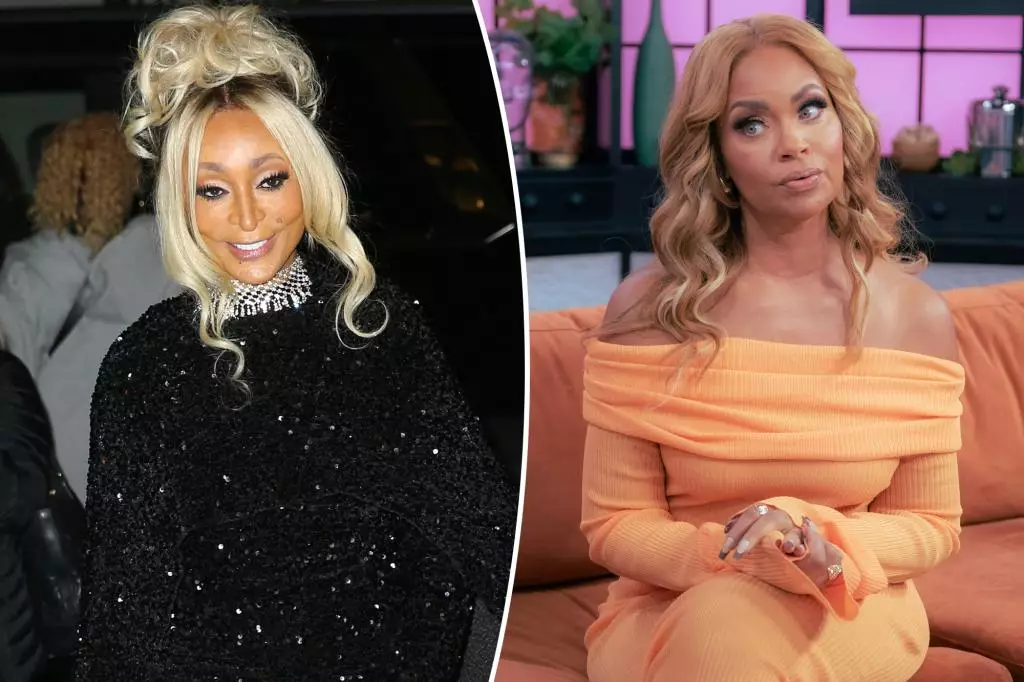The world of reality television thrives on intricate interpersonal relationships, drama, and the occasional scandal. One of the most fascinating dynamics currently unfolding on “The Real Housewives of Potomac” (RHOP) involves the interactions between cast members Gizelle Bryant and Karen Huger. Amidst the rollercoaster of reality TV, Bryant’s recent comments regarding Huger’s alleged “drunk calls,” following Huger’s DUI arrest, suggest a friendship that is both playful and complicated. This tension between heartfelt friendship and public spectacle illustrates the nuances of relationships in the spotlight.
In the most recent season premiere, Gizelle checks in on Karen after her dramatic encounter with the law, marked by a DUI charge stemming from a high-speed crash. Bryant’s acknowledgment of missing Huger’s late-night calls reveals underlying tension—those seemingly innocent drunk dials have now taken on a different hue. The congeniality associated with these calls has shifted to a subtle concern, particularly after Huger’s legal troubles. The emotional fallout of such incidents arguably brings to light the fragility of friendships often viewed through a lens of humor and entertainment.
Bryant and other cohort members have painted a picture of Huger as someone who often indulges in late-night conversations under the influence, which can lead to surprising revelations. This portrayal raises questions about how alcohol consumption can affect personal and public personas. While these moments may have historically been laughed off as lighthearted jokes, the reality of a DUI and its accompanying seriousness transform this narrative. Co-star Jacqueline Blake’s accusations about Huger’s behavior add another layer of complexity, revealing how public scrutiny can strain even the most established friendships.
Yet, even amidst this whirlwind of drama, there lies an appreciation for the support systems that characterize these relationships. Gizelle’s acknowledgment of Ray Huger’s unwavering support for his wife amidst her legal troubles showcases another vital aspect of their intertwined lives. The fact that Bryant recognizes this support hints at a resilient foundation within their friendship, suggesting that despite external turmoil, the closeness remains intact. Moreover, it underscores the often-hidden emotional labor that comes with being in the public eye while navigating personal crises.
As “The Real Housewives of Potomac” continues its narrative arc, fans are left to dissect these complex interactions of loyalty, drama, and the necessity of emotional support. Bryant’s reflections serve as a reminder that friendships, especially in a high-stakes reality environment, can be a mix of lighthearted banter and serious undertones. This unfolding story line encourages viewers to look beyond the surface and consider how each female cast member navigates personal challenges while dealing with the public spectacle of reality television.
The intricate relationship between Gizelle Bryant and Karen Huger encompasses both vulnerability and resilience. As viewers, we are invited not just to watch, but to reflect on how such dynamics evolve amidst the chaos of reality television. The show undoubtedly continues to serve as a microcosm of broader societal themes about friendship, support, and the complexities of navigating personal crises under public gaze.

